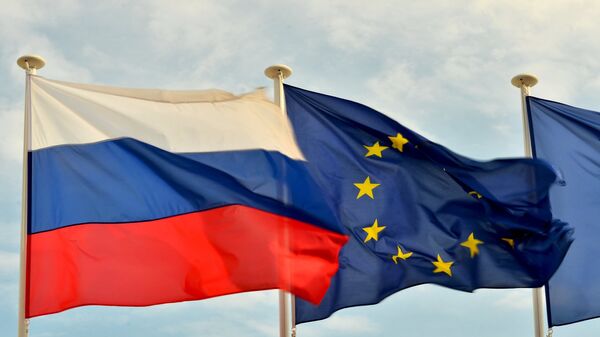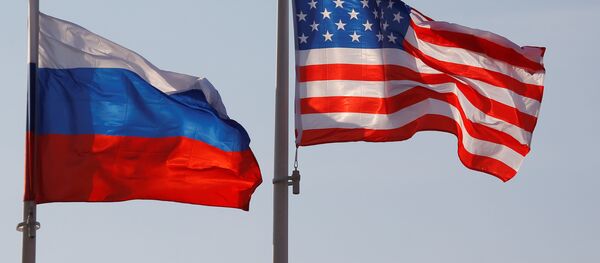Europe and Russia have "mutually complementary economies," which is why sanctions against Moscow are painful for all the states involved, Armando Fernandez Steinko, a sociology professor at Complutense University of Madrid, told Sputnik Mundo.
Painful Sanctions
According to Fernandez Steinko, the restrictive measures negatively affect most EU states, and the Spanish economy, in particular.
"Many small farmers are going under, because the lack of Russian demand has significantly reduced exports; now there is overproduction of fruits. If you ask a Spanish farmer, I wouldn't be surprised if he says that he is against the sanctions," Fernandez Steinko said.
In his opinion, Germany as is another European state that suffers severe losses due to the anti-Russian sanctions; the country is a major exporter whose market is closely connected to the Russian one.
In addition, the researcher noted that energy security is one of the biggest challenges for Europe, which can't be resolved without Russia.
Artificial Division
"If you look at the map, it is clear that Russia is a part of Europe," he said.
The sociologist noted that the division between Moscow and the West has emerged as result of a "cold war" promoted by certain media and is opposed by ordinary Europeans.
Europeans Want Better Relations With Russia
A survey conducted in late October by Ifop at Sputnik's request revealed that the vast majority of respondents — 87 percent of Germans, 85 percent of Poles, 79 percent of French and 68 percent of Britons — favored improvement in relations between Brussels and Moscow.
"Even Poland and Great Britain, those Western European countries that pursue the strongest anti-Russian stance, are against [the sanctions]," Fernandez Steinko said, commenting on the findings and adding that the conflict between Europe and Russia is "purely political."





